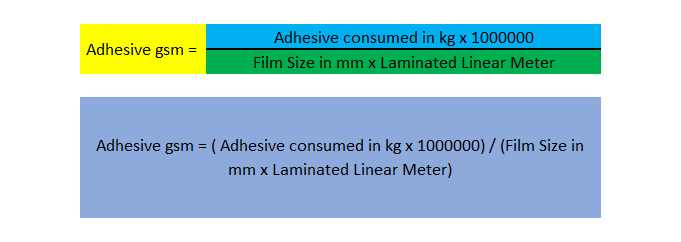Choosing the right packaging is critical for product success. Two popular formats are flexible packaging and rigid packaging—each with unique strengths and challenges. Let’s explore how they compare so you can make an informed choice for your brand! 🌟
📦 What Is Flexible Packaging?
Flexible packaging includes bags, pouches, films, and wraps made from materials like plastic, foil, and paper. It’s lightweight, adaptable, and designed to protect products efficiently. Common examples are chip bags, resealable pouches, and shrink wraps. 🎨✨
🏺 What Is Rigid Packaging?
Rigid packaging refers to sturdy containers such as glass jars, metal tins, and hard plastic bottles. These packages maintain their shape and offer robust protection. Common items include beverage bottles, metal cans, and plastic tubs. 🔒🛡️
✔️ Pros of Flexible Packaging
- 💡 Lightweight and space-efficient, lowers shipping costs
- 🎨 Highly customizable shapes and designs for branding
- ♻️ Uses less material, making it more sustainable
- 🛠️ Convenient features like resealable closures
- 🚀 Faster production turnaround and lower costs
❌ Cons of Flexible Packaging
- ♻️ Limited recyclability in some regions due to multilayer films
- 🏋️ Less protection against physical damage compared to rigid containers
- ⚠️ Perceived as less premium by some consumers
✔️ Pros of Rigid Packaging
- 🛡️ Excellent product protection and durability
- ♻️ Often easier to recycle (like glass and metal)
- 💎 Premium look and feel enhance brand perception
- 🔥 Better for products with long shelf life requiring strong barriers
❌ Cons of Rigid Packaging
- ⚖️ Heavier and bulkier, resulting in higher transport costs
- 🌍 Typically has a larger environmental footprint due to materials and energy usage
- 🏭 More expensive to manufacture and store
🌍 Environmental Impact Comparison
Flexible packaging typically has a lower carbon footprint thanks to less material usage and lighter weight, reducing energy used in production and transport. However, rigid packaging often benefits from better recyclability and reuse options, especially with glass and metals.
🏆 Which to Choose?
The best choice depends on your product’s needs, budget, brand positioning, and sustainability goals. Flexible packaging wins for cost efficiency and convenience, while rigid packaging excels in premium appeal and robust protection. Many brands use a combination to meet diverse market demands.


